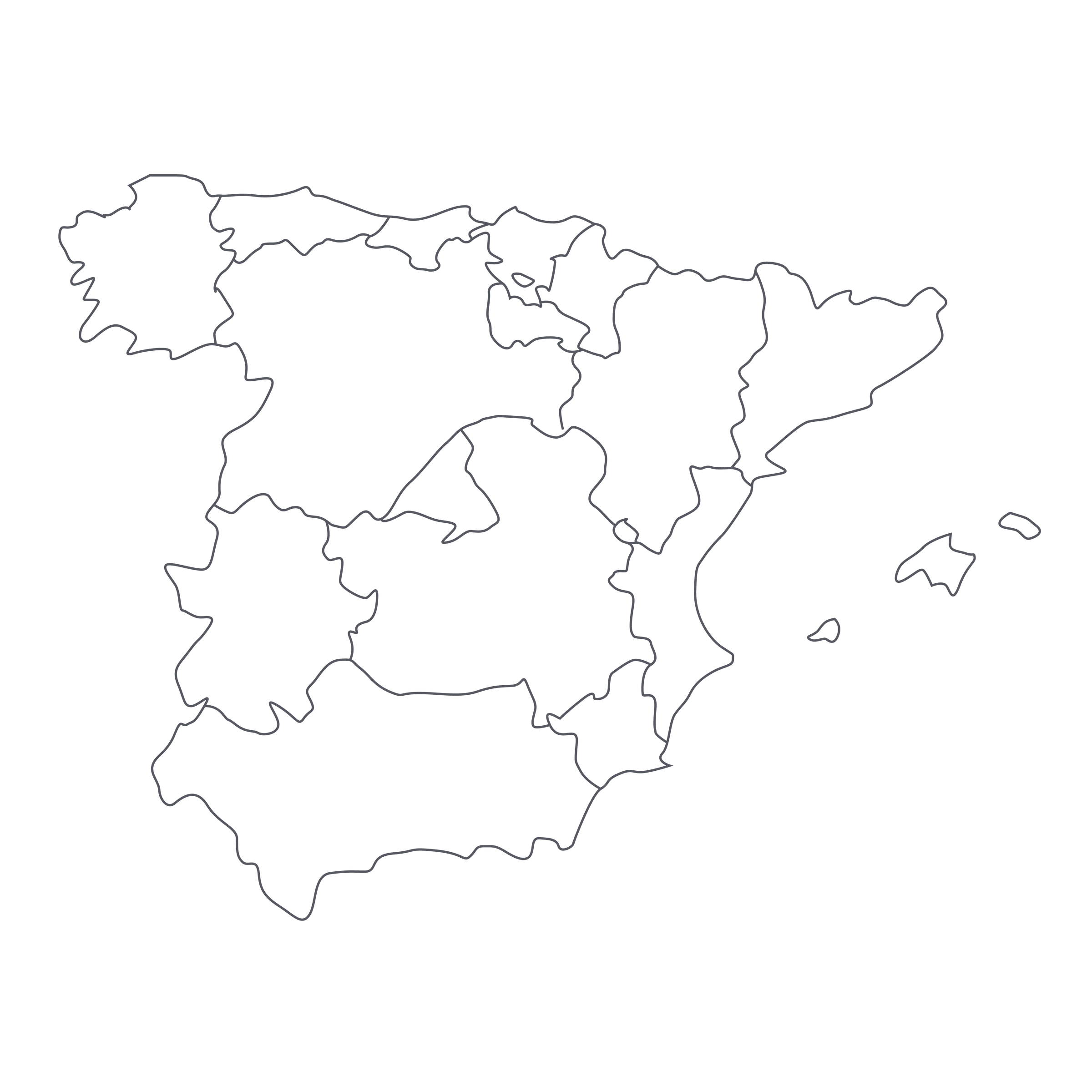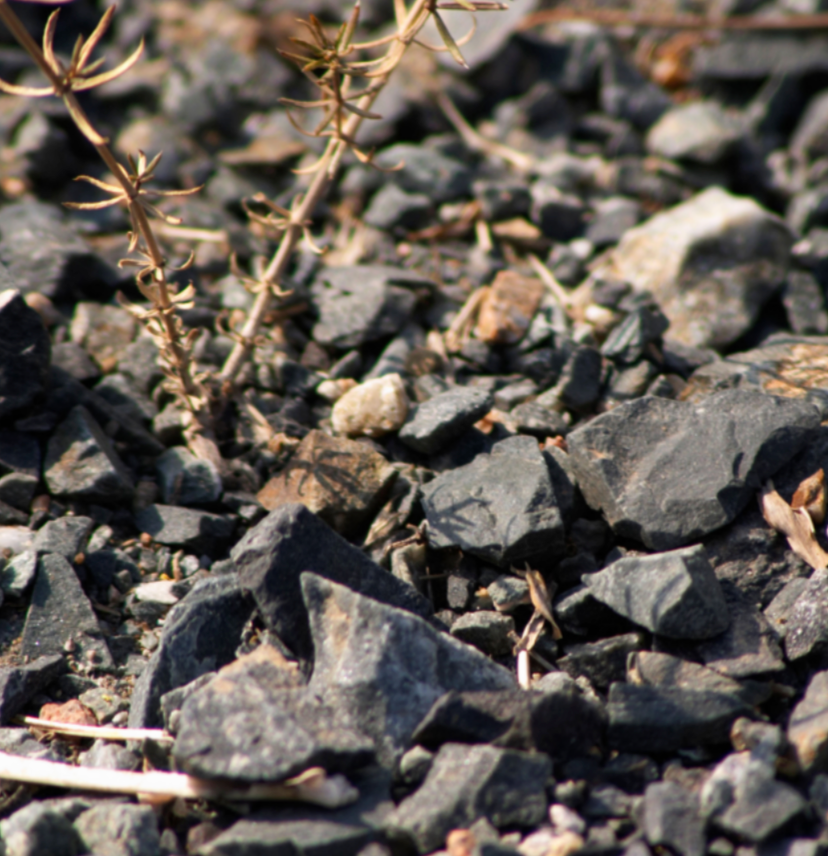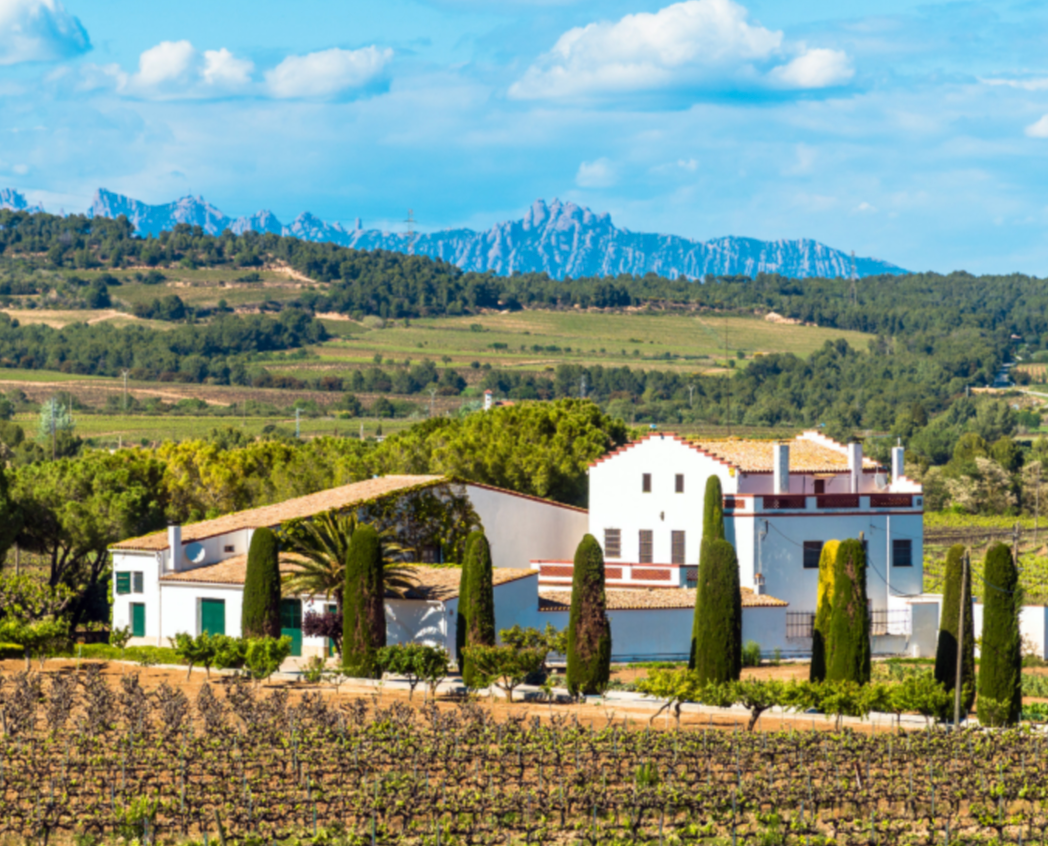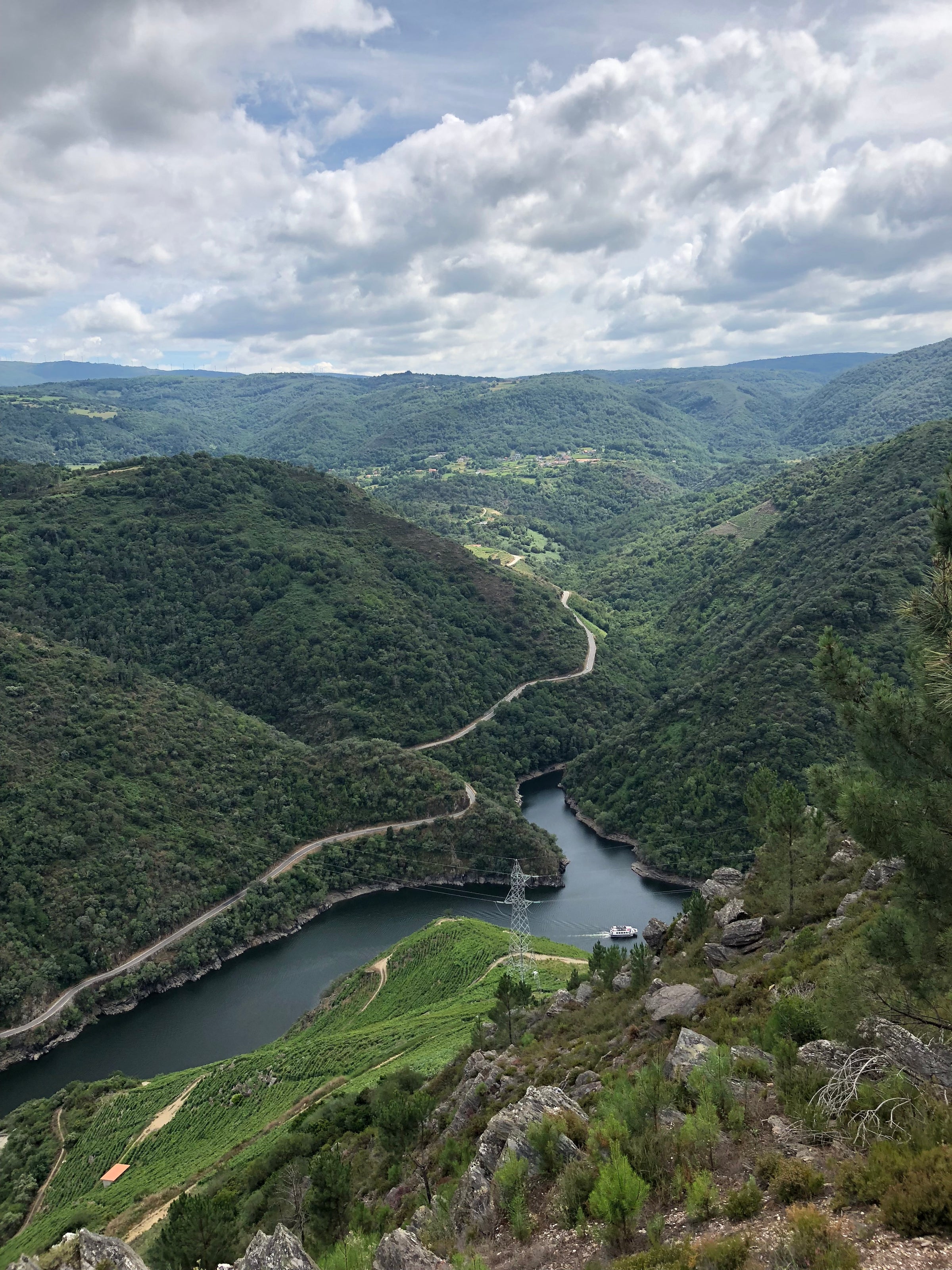When the team at SommSelect invited me to contribute to their Daily Offer lineup, their criteria were straightforward: Write about what you know and about wines you truly believe in. Spanish wine is my passion—and my focus at Bellota restaurant in San Francisco—and the wines of Primitivo Quiles bring unmistakable soul to my wine list.
Although not widely known in the US, Primitivo Quiles is a legendary estate dating to the 18th century, headquartered in the Alicante DO and celebrated for profound, old-vine reds from the Monastrell (Mourvèdre) grape. One look at the label and you know you’re dealing with a wine of consequence and deep history: 80+-year-old vines in the sandy soils of Alicante deliver dark-fruited, exotically perfumed Monastrell that leaves a lasting impact. Today’s “Raspay Reserva,” the estate’s top red, is the kind of rich, spicy, old-school Spanish wine I imagine poured at lavish feasts, where Kings drank out of goblets and dined on mutton. Primitivo Quiles has outlasted the likes of El Caudillo General Franco, lived through the Spanish Civil War, and continues to produce some of the most expressive examples of Monastrell in all of Spain. Their high-altitude, terrestrial wines exhibit the terruño and coastal landscape of Alicante. Raspay is only produced in the best vintages, is unlike any other wine in Spain, and comes in a bottle that radiates royalty. Packed with flavor and personality, it’s a wine of kings—although it’s priced so even the serfs can afford a sip!
Alicante has a long winemaking history, and Bodega Primitivo Quiles is the oldest commercial winery in the region, if not the entire Valencia province of Spain. Its current location in Monóvar, inland from the city of Alicante and the Mediterranean coast, was chosen in 1926 for its proximity to railways and access to the port of the capital for export. The bodega has remained a family operation for four generations, beginning after the Don Primitivo Quiles Verdú's emergence from enology school in the 1920s, and continued today by Verdú's great-grandchildren, Primitivo and Francisco Quiles. The Alicante DO is a mountainous coastal appellation, giving the wines a finesse and refinement not found in surrounding regions of southern Spain and Valencia. This Monastrell is grown in limestone-rich, sandy soil, in heat properly regulated by the breeze off the nearby Mediterranean Sea (and the age of the Primitivo Quiles vines, which lends a much-needed hardiness in this arid region).
“Raspay Reserva” is 100% Monastrell made only in select vintages. It spends 24 months in large, used American oak barrels and is then laid down for an extended period in bottle before release. In the spirit of the great reserva and gran reserva wines of Rioja, this wine has essentially been “pre-aged” for you in the winery’s cold, dark cellars—and provides immediate gratification the moment the cork is pulled. Decant this wine 30-45 minutes before serving and you’ll be greeted with a complex tangle of aromas including black currants, brandied cherries, wild herbs, dried orange peel, leather, and lots of warm spice and dusty earth. The color goes from ruby-black to brick orange, showing a little of the oxidative character that comes with age; it’s deep and full-bodied but also lively and aromatic, finishing with a floral, herbal note reminiscent of amaro or chinato. There are definitely some kindred qualities with traditional Mourvèdre-based reds of southern France, so lamb dishes definitely come to mind when I taste this wine. Attached is a recipe for Spanish lamb meatballs, called albondigas, which would be delicious with this inimitable red. We do them at Bellota, too, so come and see me and we’ll try them together!





